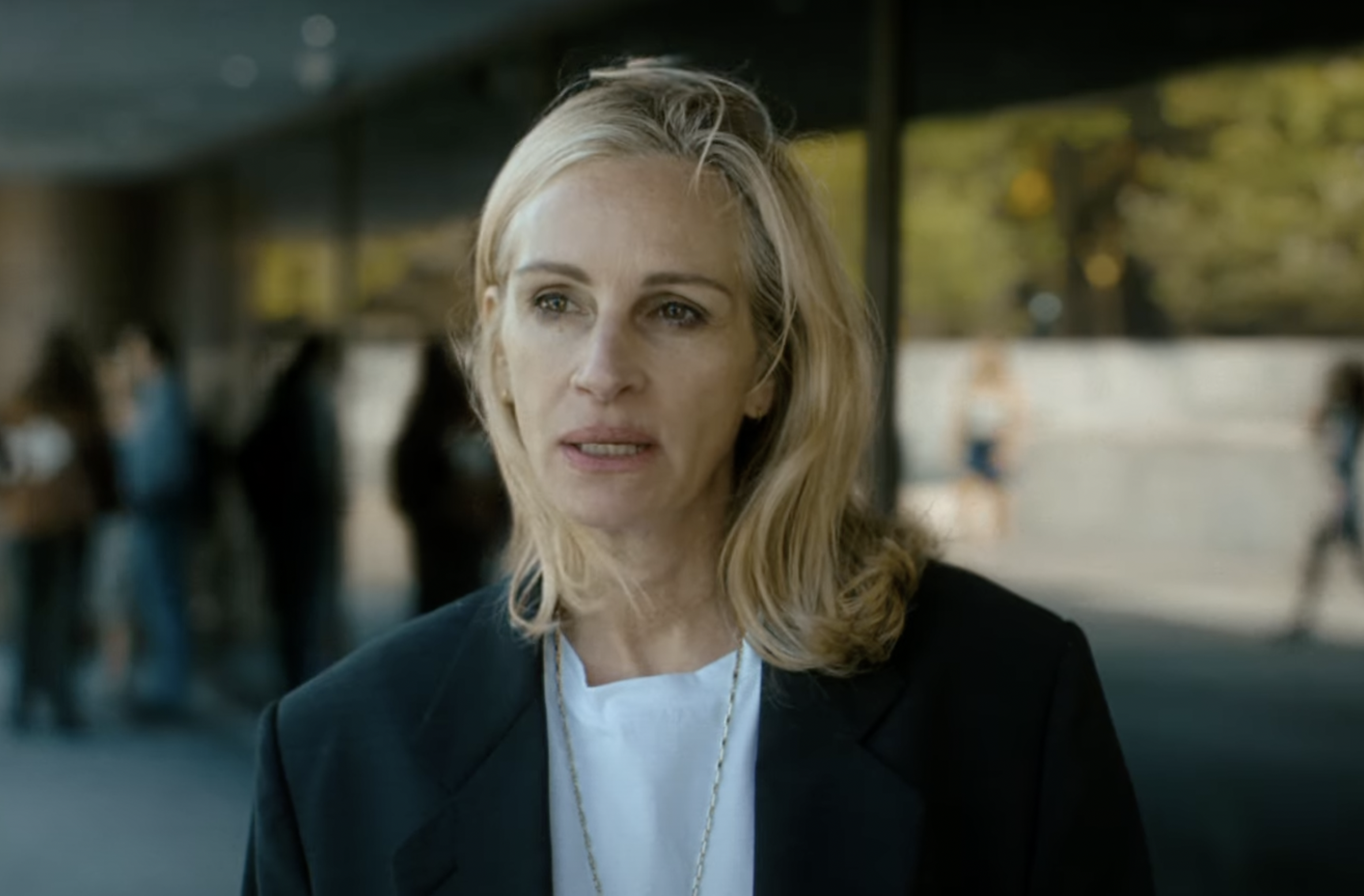Introduction: Beyond the Trophy
Every year, as the fall leaves begin to change, hunters across Canada gear up for what has become a cherished tradition— the hunt. Yet, as the adrenaline fades and the trophy is stowed away, a different chapter begins. The reality of wildlife management and ecological balance kicks in, and the question looms large: what happens after the hunt?
The Ecological Balance
Hunting has long been a topic of contentious debate. Supporters argue that regulated hunting plays a vital role in wildlife conservation, often funding protective programs and aiding in population control. A study conducted by the Canadian Wildlife Federation indicates that licensed hunting contributes approximately $1.2 billion annually to conservation efforts. But what happens when the hunters pack up and the season ends?
The aftermath of the hunt is often overlooked. Many hunters, after fulfilling their season, are left grappling with the implications of their actions. “We don’t just stop caring about these animals after we take a shot,” says Anna MacDonald, a wildlife advocate based in Ontario. “Many of us feel a responsibility to ensure that ecosystems thrive even when we aren’t out there with our rifles.” This sentiment mirrors a growing trend towards sustainable hunting practices.
Community and Conservation Efforts
Post-hunt, many hunters shift their focus to community and conservation. In regions like British Columbia, the close of the hunting season often opens avenues for local groups to promote stewardship and habitat restoration. Initiatives to engage the hunting community in conservation efforts are emerging, emphasizing the long-term effects of hunting beyond immediate satisfaction.
This movement comes at a particularly relevant time, as statistics show a decrease in large predator populations due to habitat encroachment and climate change. According to a recent report by the Royal Canadian Geographical Society, the precarious balance of predator-prey dynamics is already disrupted, underscoring the need for informed and conscientious hunting practices.
The Role of Education and Ethics
Education plays a crucial role in shaping how hunters approach their sport. Increasingly, the future of hunting hinges not just on regulations, but on the ethical frameworks that guide these practices. Workshops focusing on wildlife management, ethical hunting techniques, and conservation have seen robust attendance in recent years. Social media platforms have even become hotspots for sharing knowledge and experiences, fostering a sense of community aimed at collective responsibility.
Yet, some sentiments online reflect a divide. While many celebrate the intersection of hunting and conservation, a noticeable portion of the public remains vehemently opposed to hunting altogether, citing concerns over animal rights and ecological disruptions. Recent trends on platforms like Twitter show a spike in hashtag activism targeting hunting practices, revealing an ongoing societal debate.
The Road Ahead
As debates intensify and the landscape for wildlife conservation continues to evolve, it’s clear that the conversation about what happens “after the hunt” goes beyond mere reflection. It signifies a collective understanding of responsibility, ethics, and stewardship in wildlife management. The challenge that lies ahead will be finding common ground amidst differing perspectives. One thing is certain: as hunters return to their daily lives, the ecosystems they inhabit will continue to demand our respect and attention.

